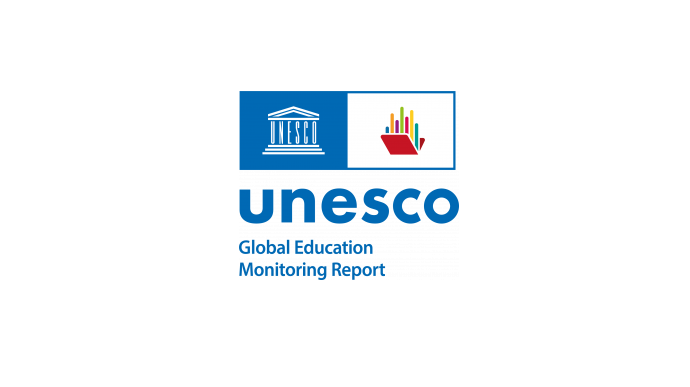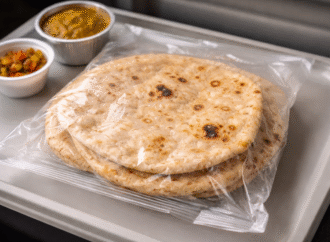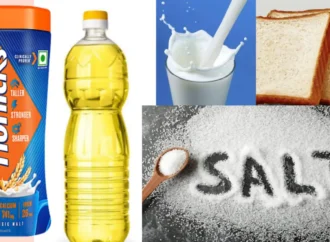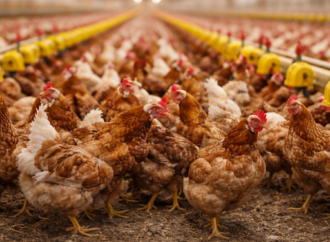Report
A new UNESCO Global Education Monitoring (GEM) report highlights serious gaps in school food laws and nutrition education worldwide, raising concerns about student health. Only 93 out of 187 countries have laws regulating school food, and fewer than one-third restrict food and drink marketing on school premises. The report, supported by the London School of Hygiene and Tropical Medicine and the School Meals Coalition, emphasises the need for stronger protections.
Lack of Integrated Nutrition Education
In 30 low- and middle-income countries, nutrition education is often treated as a short-term project rather than integrated into the core curriculum, limiting its long-term impact. While many countries restrict food marketing near schools, national bans on unhealthy food sales around campuses are rare. Wealthier nations focus more on public messaging and food labelling than on direct regulation. The UNESCO GEM report calls for stronger, long-term action to ensure students receive healthier meals and comprehensive nutrition education.
School Meal Programs Face Coverage Gaps and Funding Issues
A 2024 review revealed that 47% of primary school children (about 459 million) now receive school meals, up from 418 million in 2022. However, over 60% of meal programs require family contributions, and one-third are underfunded, particularly in low-income countries.
Progress and Challenges
Countries like Brazil, Finland, South Korea, and Sweden offer near-universal school meal coverage, while India’s PM-Poshan Scheme has improved enrollment and attendance, especially among girls and marginalised communities. However, delays in fund distribution and poor monitoring hamper India’s progress. In the UK, budget cuts threaten access to school meals, leaving 900,000 children from low-income families ineligible.
The Importance of Policy, Funding, and Execution
Successful school meal programs rely on stable funding, strong policies, and effective local implementation. Governments must prioritise student health by ensuring comprehensive, well-funded meal programs and integrated nutrition education.
Source: India Today
 Food Manifest
Food Manifest 


















